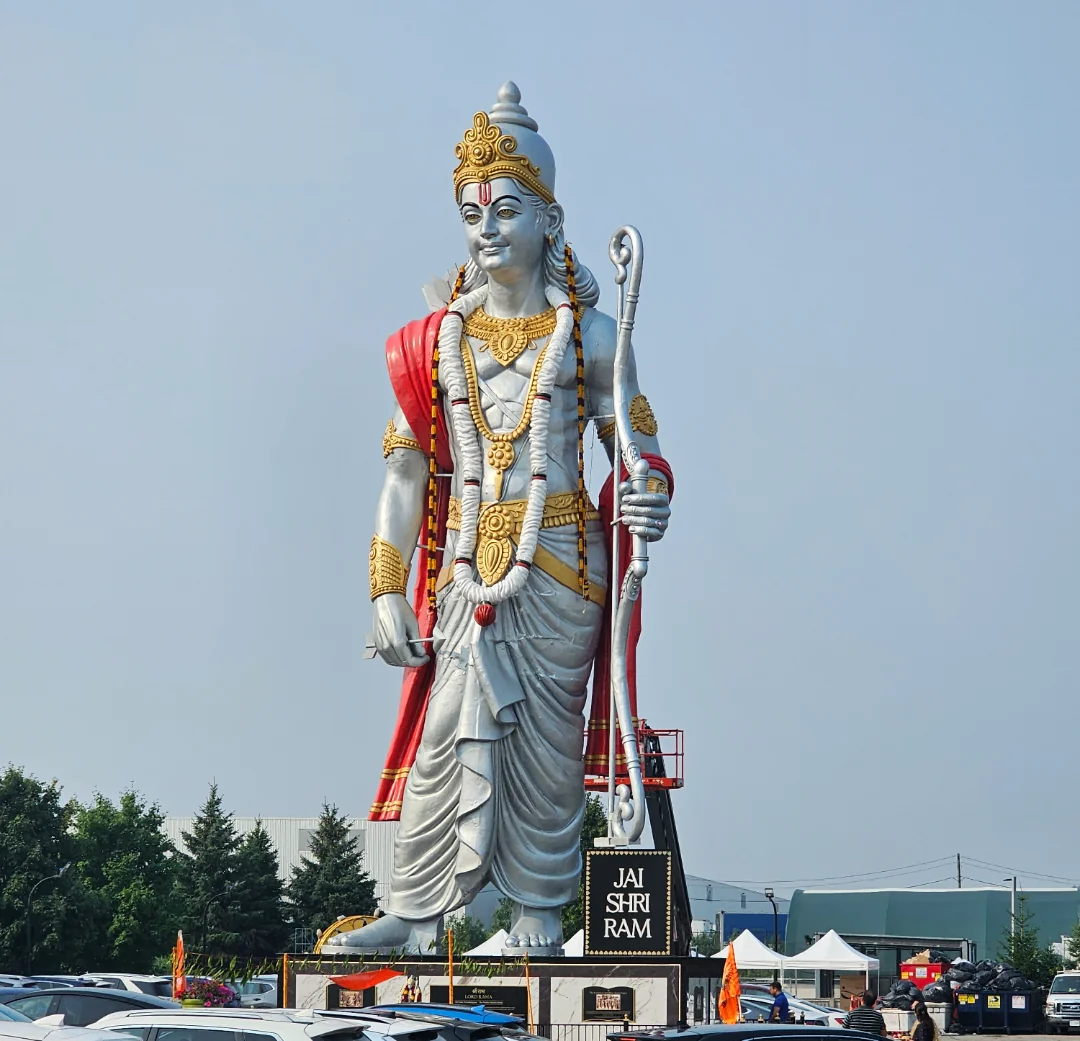By Usha Muthusamy
MALAYSIA, 30 July 2025: A period of intense and deadly clashes along the Thailand-Cambodia border has reportedly concluded with an “immediate and unconditional” ceasefire, primarily due to assertive diplomatic efforts spearheaded by Malaysia, in its capacity as the current Chair of ASEAN. The truce became effective at midnight on July 28, following emergency, high-level talks hosted by Malaysian Prime Minister Anwar Ibrahim in Putrajaya.
Prime Minister Anwar played a pivotal role in facilitating discussions between Cambodian Prime Minister Hun Manet and Thai Acting Prime Minister Phumtham Wechayachai. Both leaders publicly affirmed their commitment to de-escalation, shaking hands on the agreement in a significant move towards restoring peace and security. Anwar described the outcome as a “vital first step towards de-escalation and the restoration of peace and security.”
The mediation efforts also received crucial, albeit often discreet, support from major international powers. US President Donald Trump and Chinese President Xi Jinping reportedly provided “constructive support,” with indications that Trump leveraged potential trade deals with both nations, signaling that negotiations would not proceed unless hostilities ceased. Additionally, US Secretary of State Marco Rubio commended Anwar’s leadership and urged both Cambodia and Thailand to uphold their commitments. Various international leaders have since lauded Malaysia’s initiative in helping to resolve the conflict.
However, the implementation of the ceasefire has not been without immediate challenges. Just hours after it took effect, Thailand accused Cambodian forces of violating the truce with continued skirmishes in various border areas, prompting defensive responses from Thai forces. Cambodia has consistently denied these accusations, reaffirming its commitment to the ceasefire and even proposing third-party monitoring to verify compliance.
Military commanders from both sides have since held talks, including cross-border meetings, to ease lingering tensions and establish better communication. A General Border Committee meeting is scheduled for August 4 in Cambodia, which is considered crucial for solidifying the truce.
The recent conflict, stemming from a long-standing territorial dispute and resulting in the displacement of hundreds of thousands of civilians, underscores the complex dynamics of the region. While the ceasefire represents a diplomatic achievement for ASEAN and broader international cooperation, its reported fragility highlights the ongoing need for sustained dialogue and effective monitoring to ensure lasting stability along the disputed border. The success of Malaysia’s diplomatic engagement is seen as a testament to ASEAN’s ability to act decisively in regional crises, though the ultimate test lies in the consistent adherence to the agreement and the resolution of underlying grievances.




